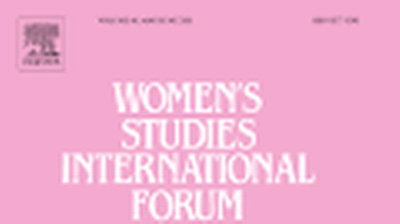The budget as theatre - the formal and informal institutional makins of the budget process in Malawi. Final report
How to cite this publication:
Lise Rakner, Luke Mukubvu, Naomi Ngwira, Kimberly Smiddy and Aaron Schneider (2004). The budget as theatre - the formal and informal institutional makins of the budget process in Malawi. Final report. Bergen: Chr. Michelsen Institute ( )
What can explain the apparent lack of political will to formulate, implement and monitor the budget process and public financial management in accordance with the overall goals of the Malawi Poverty Reduction Strategy (MPRS)? Using qualitative methodology the findings are drawn from the content of documents, transcripts of interviews and to some extent, direct observations. 62 key informant interviews (KII) were carried out with stakeholders in the budget process from government, civil society and the donor community in March 2004. The study concludes that from the process of planning and formulation the budget, through its implementation and oversight, the study finds that the budget process in Malawi provides no realistic estimate of revenue or spending: The budget process is a theatre that masks the real distribution and spending. At each stage in the budget process, formal and informal institutions interact. Legislative changes, donor conditionalities, and capacity-building have increased formal institutions. Yet, decisions continue to be influenced by informal practices in a manner that reduces transparency, limits distribution and civil society input to the budget process. These informal processes undermine the formal institutions of the budget process. As a result, despite stated intentions expressed in the Malawi Poverty Reduction Strategy Paper, the outcome of the budget process in Malawi is a budget that secures the interests of the politically powerful actors in the public sector.


